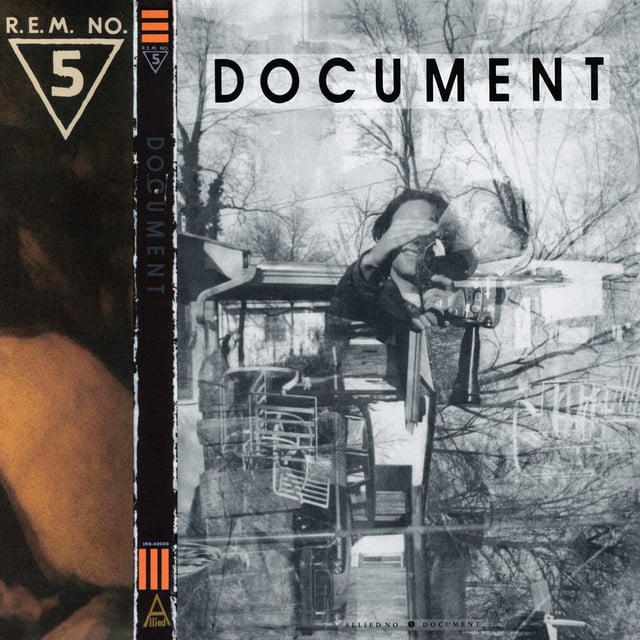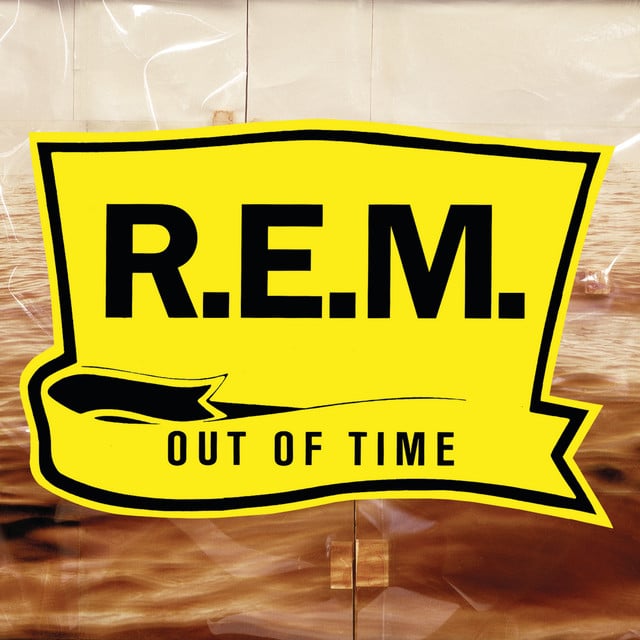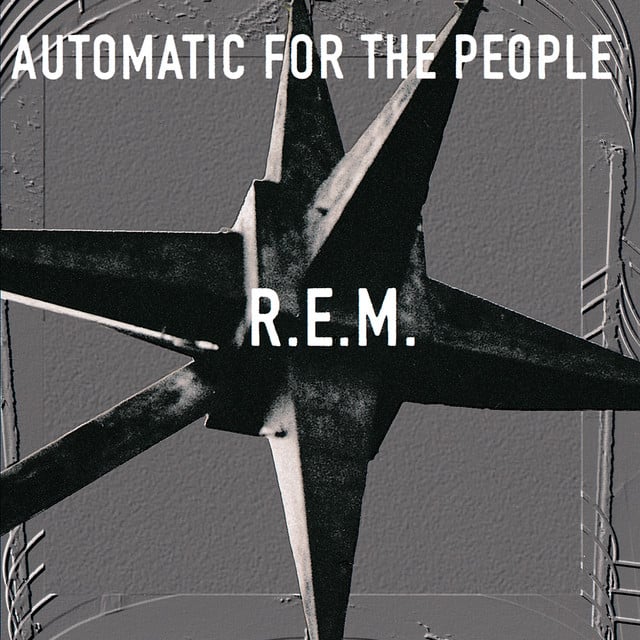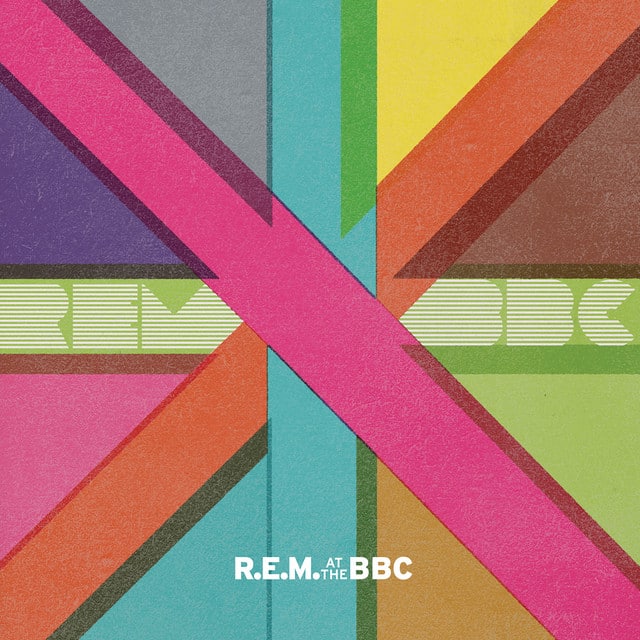Released: 1987Dive into the heart of R.E.M.’s “The One I Love,” and you’re not just listening to a driving rock riff and Michael Stipe’s haunting vocals; you’re getting a masterclass in how rock lyrics can weaponize simplicity to reveal the complex and sometimes dark truths about love and relationships. At first blush, the song may sound like a heartfelt dedication, but a deeper dive reveals it to be an exploration of the complicated dynamics and sometimes the disposable nature of relationships.
The opening lines, “This one goes out to the one I love / This one goes out to the one I’ve left behind,” set up a striking contrast right off the bat. It’s almost like you’re expecting a love ballad, but BAM, you’re swiftly taken to a place of separation and loss. Stipe and the gang use this contrast to hook us, juxtaposing dedications of love with the reality of leaving someone behind. It suggests a narrative where the speaker’s affection is overshadowed by the decision to move on, making the listener ponder if love was ever present.
The phrase “A simple prop to occupy my time” further twists the knife. Instead of romanticizing the concept of ‘the one I love,’ here, that individual is relegated to being a mere distraction. It’s a blunt acknowledgment of using relationships to fill voids or pass time, rather than genuine emotional connection. This line grounds the song in a stark reality, dismantling idealistic notions of love.
Then, we hit the chorus with its repeated cries of “Fire,” occasionally followed by “she’s comin’ down on her own, now.” The fire imagery is raw and powerful, representing passion, destruction, or a cleansing force. In the context of the preceding lines, it could symbolize the burning away of facades or perhaps the passion that once was but now is leading to ruin. The mention that “she’s comin’ down on her own” might be hinting at the idea that what’s left of this love or passion is now fading or crashing down, self-destructing in isolation.
The evolution in the verse from “A simple prop to occupy my time” to “Another prop has occupied my time” subtly indicates a cycle of moving from one relationship to the next, further emphasizing the disposability and transient nature the speaker assigns to these connections. Essentially, the song is laying bare a pattern of superficiality and emotional detachment.
R.E.M.’s “The One I Love” isn’t just a track but a narrative journey into the complexities of love, detachment, and the perhaps inevitable heartache. The beauty of this song lies in its ability to present what sounds like a love anthem but twists into a critique of how we love and leave. It’s a testament to R.E.M.’s genius, crafting a song that’s as thought-provoking as it is melodically catchy.








